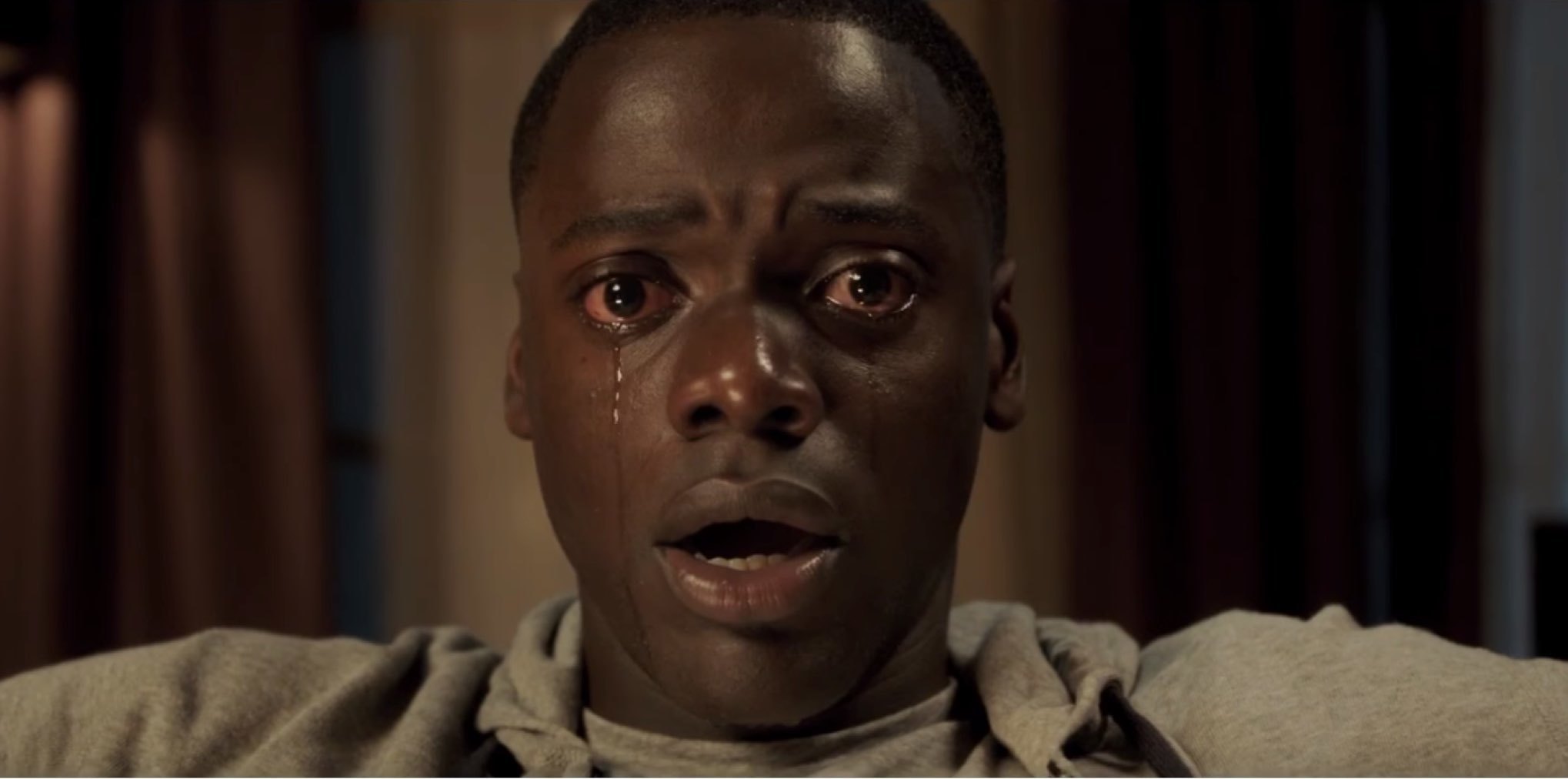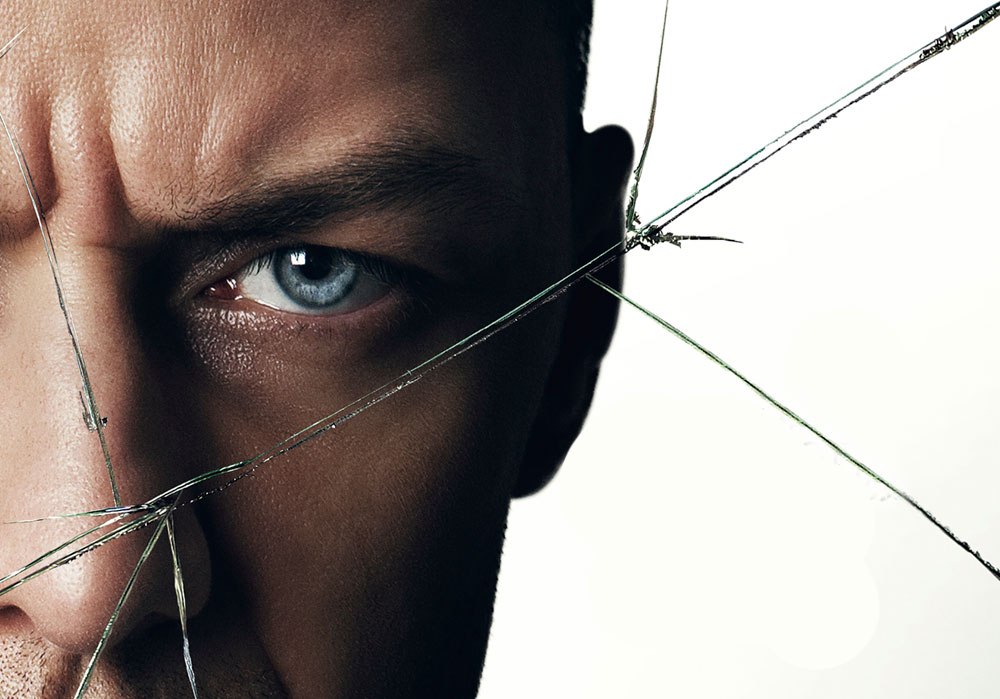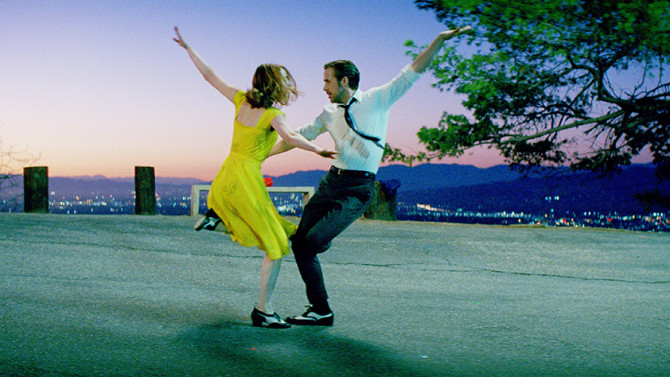Growing up on Buffalo’s west side in the 70’s was an unique experience. Mine was a predominantly Italian neighborhood, and many nights the aroma of home cooked pasta sauce permeated the air as we sucked the last flickers of daylight out of a pickup game of baseball in the telephone company parking lot. December 1977 was my eleventh year of existence, and my affinity for the flicks was still in its infancy. My attention was beginning to turn toward the fairer sex, and many evenings were spent torn between organizing my baseball cards and staring longingly at a copy of 16 Magazine with Kristy McNichol on the cover. December 1977 is also significant for me in that it gave us one of the seminal 70’s films, Saturday Night Fever.
Being eleven, I wasn’t able to see Saturday Night Fever on the big screen, and quite frankly, I can’t truly recall when I did first catch it. Perhaps on HBO at a friends house, or on VHS at some point, but regardless, I remember the film attaching itself to my developing cinephilia like a tick on the underside of a neighborhood stray. I was enamored with the coolness of Tony Manero (John Travolta), strutting down the street in his polyester finest, tearing up dance floors with a confidence of someone who knew exactly where he was supposed to be. I became infatuated with the alluring Stephanie (Karen Lynn Gorney), with her seductive dance moves and affinity to know just about every celebrity, even Paul Anka! And I couldn’t get enough of the music. The disco era gets a lot of hate, but for us that were kids caught smack dab in that awkward transition between the 70’s and 80’s, it remains a part of who we are. The falsetto pipes of Barry Gibb and his brothers transcend time, along with the film that launched them into orbit. The Bee Gees defined the sound of the era, and remain the gold standard for anyone lucky enough to have waltzed across a lighted dance floor under a revolving, sparkling orb.
Another drawback of being so young was my inability to partake in the forbidden rituals that took place within the confines of the local discotheques. My impression of what happened behind those glowing doors of debauchery were formed from films like Saturday Night Fever, or from that older kid in school who told tall tales of how he knows someone who gets him in and gets him free drinks. In hindsight, he was full of bullshit, but back then, he was a god. But not all was lost. Us kids had our own escape- the roller rink- a carpet walled palace where all of our favorite tunes blared forth from behind a little booth inhabited by the one guy who could make or break your night with the timing of the infamous “couples only” skate. Get caught in line for pizza or in the bathroom at an inopportune time, and the chance to roll-sway awkwardly with your school crush could go up in a blaze of regret. Damn you, roller rink pizza and your alluring cheesy goodness! But one time- a time I remember like yesterday- when I was standing just off the rink as that sudden announcement was made, Beth Lorenz grabbed my hand and led me out onto the floor. For the next three minutes, which felt dreamlike, I was consumed in a haze of dreamlike wonder that would sustain itself for days. For that brief moment in time, it was me, Beth, and the brothers Gibb, rolling in unison to “More Than a Woman”. And. Nothing. Else. Mattered.
Why do I bring this up? This December marks the fortieth anniversary of this transcendent film, and a local theater here in my hometown (South Portland, ME.) just showed it on the big screen for one night only. To be able to revisit a film I hold so dearly (it’s a top ten of all time) in a format I never got to enjoy all those years ago, well, it was a moment I couldn’t pass up. It was a Wednesday night, not a typically boisterous evening in southern Maine, so the twelve people in the theater wasn’t a big surprise. Aside from a couple of old cougar ladies whose loins still clearly burned for 70’s era John Travolta, the mood was mostly subdued. But even if the theater had been sold out, once the screen lit up with that Brooklyn backdrop and The Bee Gees’ “Stayin’ Alive” pulsing in my ear holes, I had left this mortal plane- seduced by the magic of the 70’s era style and the music that defined the time.
Most people saw Saturday Night Fever for the dancing, but there was a lot more to this film when the story took a breather from the dance floor. There is an authenticity to these characters. Tony’s lower-middle class family, arguing over the amount of pork chops on the dinner table, or moping around upon learning that Father Frank Jr. is leaving the church, are sincere moments, both funny and tragic with a squeeze of melodrama. Tony’s friends- the womanizing, hot headed Brooklyn punks who spend their nights riding the coattails of Tony’s popularity, or scuffling with the crosstown rival gang, the Barracudas, lend themselves as societal foils to Tony’s growth as a person. And the tragedy of Annette (Donna Pescow), the girl infatuated with Tony who can’t get out of the way of her own insecurities. She could have been used as nothing more than a slutty female cliche, but her story is handled in a way that makes us feel sorry for her.
And then there is Stephanie, the outwardly confident career woman who likes to remind Tony of all the positive things going on her life, all of the people she’s met, and how he has no direction in life. What we find in her is a vulnerability- a need to convince herself and those around her that she’s got everything under control, which is the furthest thing from the truth. Her relationship with Tony eventually leads to those walls coming down, while at the same time, Tony strives for improvement. They are different people by the end of the film.
It’s important to remember the era when the film was made. I never fault any work of art taken in context with the social norms from which is was born. Racial slurs and misogyny are on full display, and watching it on screen today can be uncomfortable, as it should. Some difficult sexual scenes, pushing the envelope just far enough to cause unease, also resonate in a way that makes you feel like they shouldn’t have gone there. But I can see the impact of these scenes as necessities in the growth of the character arcs. None of it feels cheap or gratuitous.
But what of my experience? Well, finally getting to enjoy Saturday Night Fever with all of the bells and whistles that the theater experience provides was everything I could have hoped for. It was transportive. As Tony and Stephanie locked hands in the dance studio, spinning, laughing, one with the world as Barry and the boys crooned from the turntable speakers, I found myself forty years in the past, in the same roller rink that I called home most Saturday nights, skating in unison with Beth Lorenz one more time.

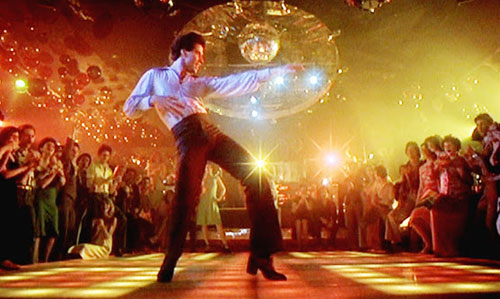
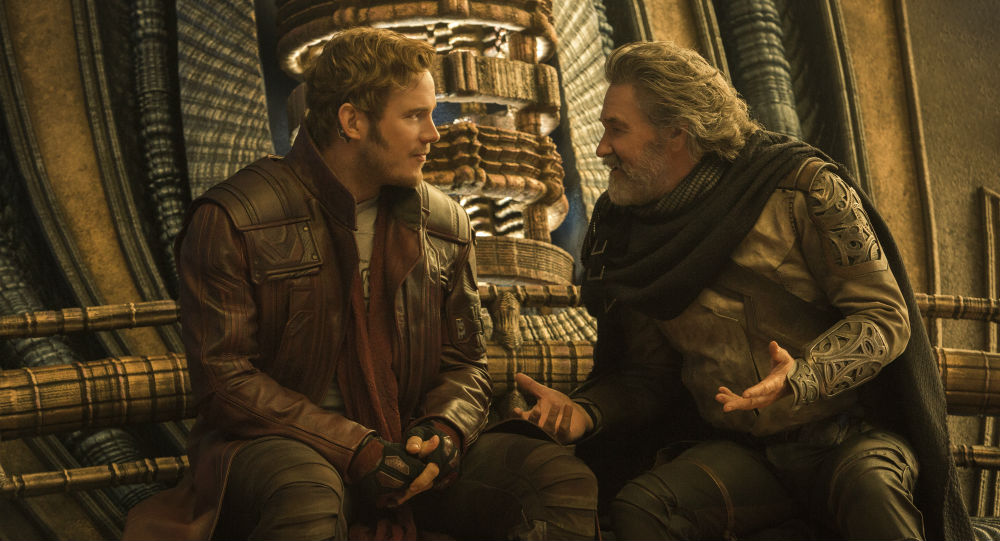
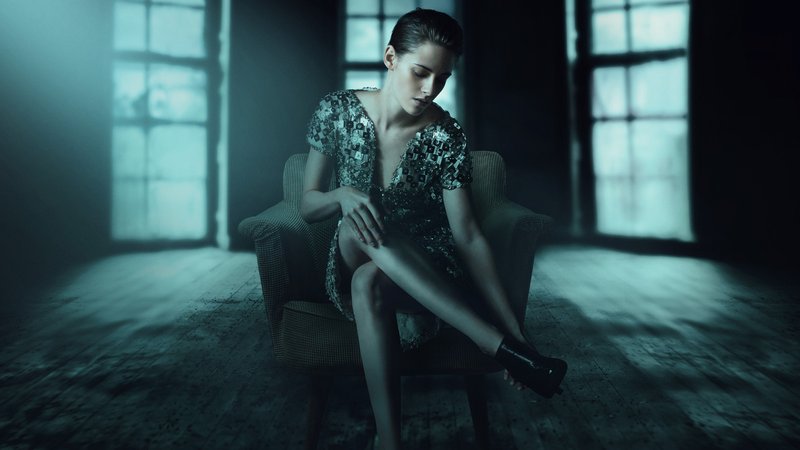

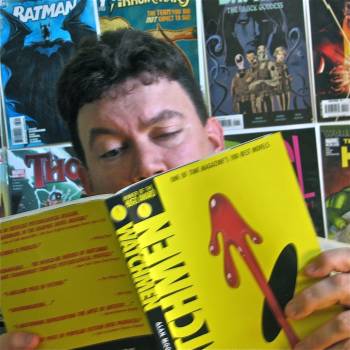 STEVE CLIFTON has been writing moderately well on the Internet at this blog,
STEVE CLIFTON has been writing moderately well on the Internet at this blog, 
